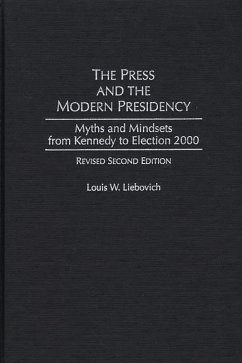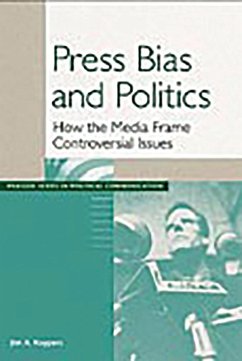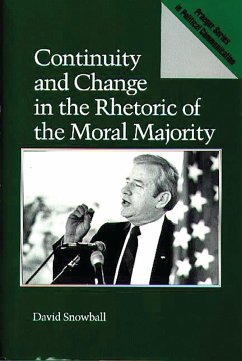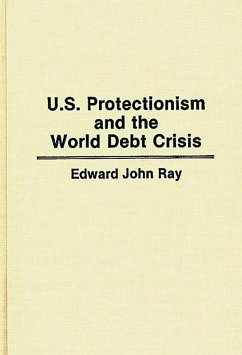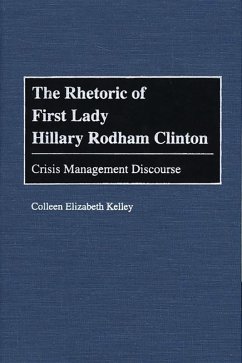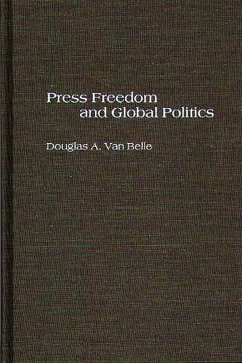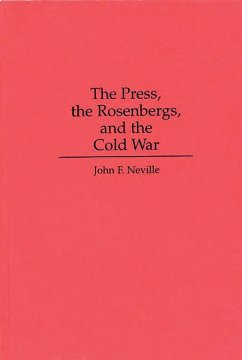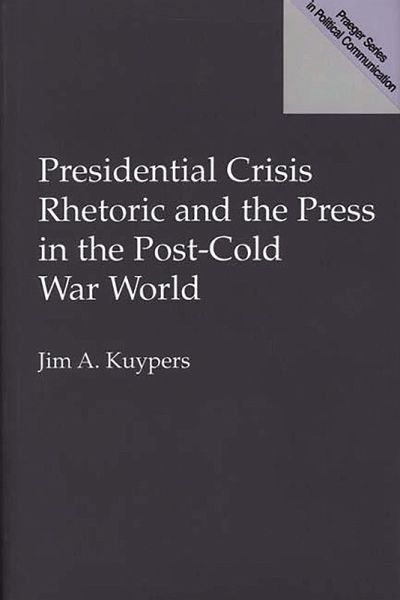
Presidential Crisis Rhetoric and the Press in the Post-Cold War World (eBook, PDF)
Versandkostenfrei!
Sofort per Download lieferbar
58,95 €
inkl. MwSt.
Weitere Ausgaben:

PAYBACK Punkte
29 °P sammeln!
Kuypers combines rhetorical theory and framing analysis in an examination of the interaction of the press and the president during international crisis situations in the post-Cold War world. Three crises are examined: Bosnia, Haiti, and the North Korean nuclear capability issue. Kuypers effectively demonstrates the changed nature of presidential crisis rhetoric since the end of the Cold War. Kuypers employs a new historical/critical approach to analyze both the press and the Clinton administration's handling of three international crisis situations. Using case studies of Bosnia, Haiti, and the...
Kuypers combines rhetorical theory and framing analysis in an examination of the interaction of the press and the president during international crisis situations in the post-Cold War world. Three crises are examined: Bosnia, Haiti, and the North Korean nuclear capability issue. Kuypers effectively demonstrates the changed nature of presidential crisis rhetoric since the end of the Cold War. Kuypers employs a new historical/critical approach to analyze both the press and the Clinton administration's handling of three international crisis situations. Using case studies of Bosnia, Haiti, and the alleged North Korean nuclear buildup in 1993, he examines contemporary presidential crisis communication and the agenda-setting and agenda-extension functions of the press. The importance of this study lies in its timeliness; President Clinton is the first atomic-age president not to have the Cold War meta-narrative to use in legitimating international crises. Prior studies in presidential crisis rhetoric found that the president received broad and consistent support during times of crisis. Kuypers found that the press often advanced an oppositional frame to that used by the Clinton administration. The press frames were found to limit the options of the President, even when the press supported a particular presidential strategy. This is a major study that will be of interest to scholars and researchers of the press, the modern presidency, and American foreign policy.




